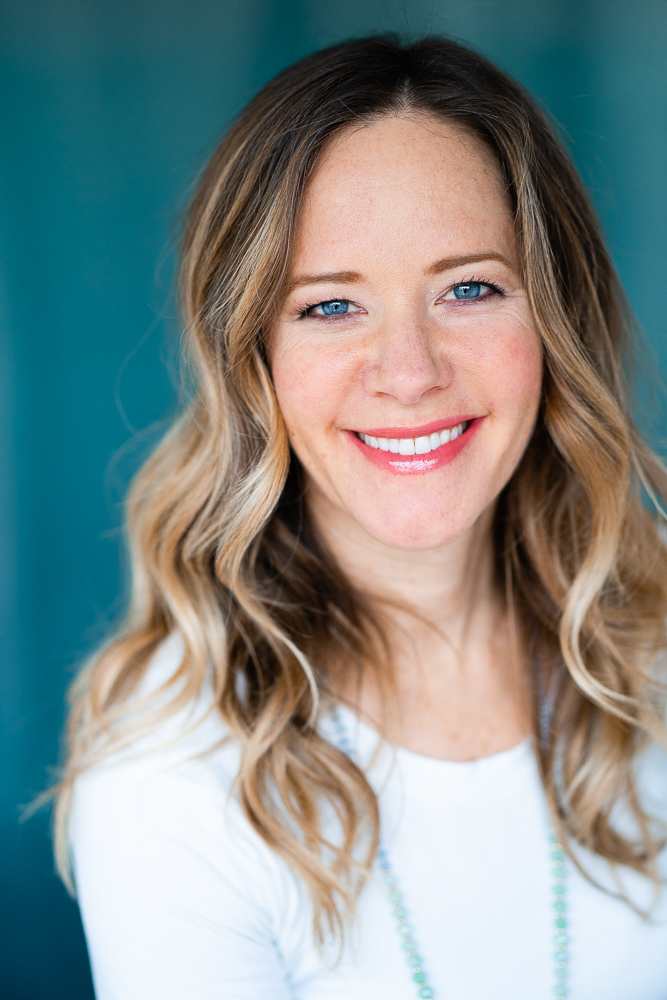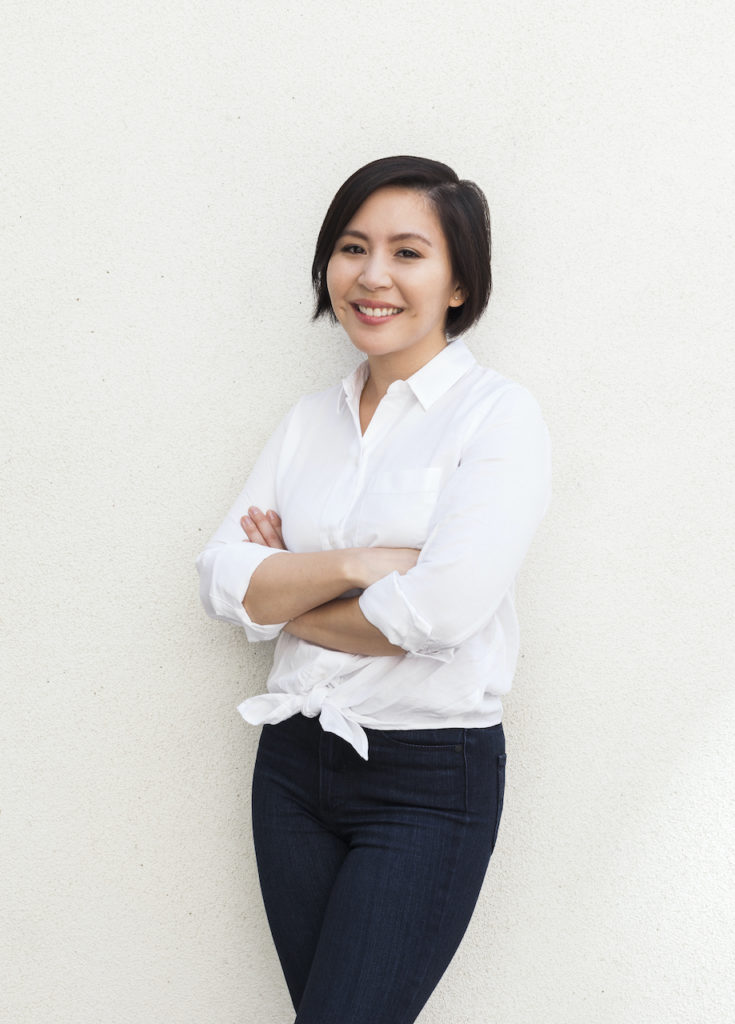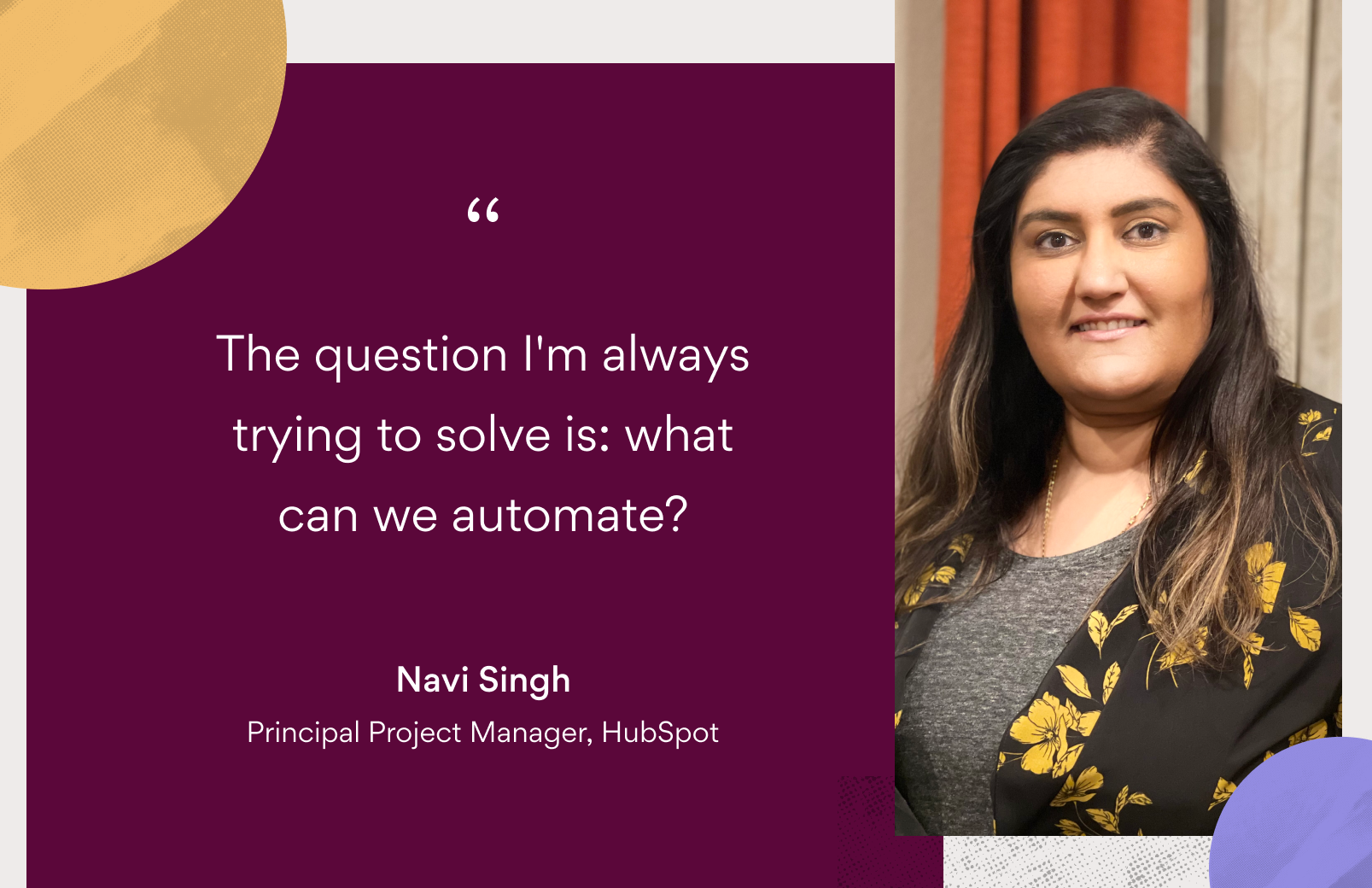Entrepreneurship advice from five of the top 100 female entrepreneurs of 2020

Entrepreneurship is tough no matter who you are. Yet, for a long time, the entrepreneurial journey has been especially challenging for women. In the US, despite owning 40% of all businesses, females receive less than 3% of venture funding. The discrepancy is especially concerning given research that shows women return twice as much revenue per dollar invested than men.
Fortunately, scores of women are breaking barriers to launch thriving businesses—not only in terms of the bottom line, but also by inspiring a future generation of female entrepreneurs to succeed. Five of these women—who have each been named one of the top 100 female entrepreneurs of 2020 by Inc.—recently shared their advice for aspiring entrepreneurs with us.
1. Terri-Nichelle Bradley, CEO and Founder of Brown Toy Box: Increasing representation through toys

When raising her four children, Terri-Nichelle Bradley struggled to find toys that represented her children. Toy companies and publishers were not making culturally relevant products to empower Black children. After a successful career in corporate America—which included being VP of Public Affairs for the world’s largest global PR agency—Terri founded Brown Toy Box.
Today, Brown Toy Box develops children’s products and experiences to encourage and prepare Black children to pursue interests and careers in STEAM—science, technology, engineering, the arts, and mathematics. From toys to hands-on products to subscription boxes, Brown Toy Box is creating a world where Black children are not only represented but also inspired to believe that they can pursue STEAM-based careers.
Terri and her team use Asana daily to collaborate with their graphic design teams. Asana helps them organize and keep track of the status of their design projects. As Terri explains, “Asana is integral for making sure everyone that needs to be in the loop on communicating knows exactly what is going on at any given time.”
Terri’s advice for aspiring female entrepreneurs is to remember that there’s never a perfect time: “If you have an idea and you are willing to do the work, go for it. Go into your venture knowing that you will fail a lot, getting knocked down is just part of this entrepreneurial journey, and that is ok. The important thing is to just keep getting back up.”
Terri also emphasizes the importance of building a support system: “Make sure you build a tribe of entrepreneurial female friends. For a while, you will eat, sleep, and live your business. Your other friends, as much as they love you and want you to do well, will get tired of hearing about the business and oftentimes not understand your lack of availability. It will be your entrepreneurial friends, the ones that are building alongside you that will understand, commensurate, and celebrate with you.”
2. Sonia Strobel, CEO and Founder of Skipper Otto: Redesigning the seafood industry around community and sustainability

After meeting her now-husband, who grew up in a fishing family, Sonia Strobel realized that many fishing families faced challenges accessing local markets and earning living wages for their catch. Sonia started Skipper Otto—named after her father-in-law who started fishing in the 1960s—to connect fishing families to seafood-loving home-cooks and provide them with top-quality seafood, all while protecting a traditional fishing way of life in coastal and Indigenous communities. Based in Vancouver, Skipper Otto distributes the catch of fishing families to nearly 6,000, and quickly growing, end-consumers spread over five provinces and 20 cities.
Skipper Otto’s business model is designed to balance the needs of fishing families with those of end-consumers by fostering a relationship of communication and trust. Customers pre-pay for a year’s worth of seafood ahead of the season knowing that prices might fluctuate and availability of particular species cannot be guaranteed. In return, they get their choice of high-quality seafood options that are traceable and sustainable. Harvesters are empowered with financial support, business mentoring, and play a key role in price-setting and decision-making. Ultimately, Sonia and her team have built a seafood system with justice and equity at its core.
Sonia and her team use Asana to organize and keep track of everything from complex projects that span multiple departments to weekly team meeting agendas. Sonia and her team recently took the time to reflect, “Remember our lives before Asana?” As she explained, “Before Asana, we felt scattered and disorganized. We often worried that we might drop the ball on something or that an important task might slip through the cracks. Now we feel everything is captured in one system that we can trust. And as a result, we all sleep better at night.”
Sonia’s advice for female entrepreneurs is to build their networks. She says, “You can’t and you shouldn’t try to do this alone! Reach out to your local organizations that support female entrepreneurs like the Forum for Women Entrepreneurs and SheEO.”
3. Cat Chen, CEO and Founder of Skylar: Building a clean and conscious fragrance brand

Cat Chen was inspired to build Skylar in 2017 after her newborn daughter had an allergy to her perfume. Cat, the former Operations Exec of The Honest Company, soon discovered that 15% of people are allergic to fragrance. For many people with allergies, as well as those who simply wanted transparency into the contents of their fragrance, there was no solution. So Cat founded Skylar to help everyone feel beautiful, confident, and safe in their own skin.
Cat and her team use Asana to manage all of their tech and creative requests. She explains, “Asana has been very impactful in helping us prioritize, organize, and collaborate in our work.”
Like Terri and Sonia, Cat emphasizes the importance of building a strong network. She says, “Build a network with other entrepreneurs. You’re not alone and it’s impossible to build a company on your own.”
She also advises aspiring entrepreneurs to be authentic: “Stay true and authentic to yourself. There are a lot of preconceived notions of what an entrepreneur should be like, it’s important to stay focused on your mission and why you started the company.” Finally, Cat advises entrepreneurs to take risks: “Go for it if you have an idea you’re passionate about.”
4. Amany Killawi, Co-founder & COO of LaunchGood.com: Elevating Muslims who are launching good all across the world

Amany Killawi, a former social worker and youth organizer, has long been passionate about empowering the Muslim community. Too often, Muslims haven’t been able to launch their entrepreneurial and humanitarian projects due to restricted access to funding. Additionally, crowdfunding platforms have typically only served Western audiences, with the result that, in many cases, Muslim countries have been unable to access the power of digital crowdfunding.
In 2013, Amany co-founded LaunchGood, a crowdfunding site for charities and Muslim entrepreneurs, to help the global Muslim community realize its full potential for a sustainable future. Today, LaunchGood has connected one million users to thousands of ideas and causes, and the incredible people behind them.
Amany and her team rely on Asana to plan out all their individual tasks, as well as larger campaigns, while also using Portfolios to track team members’ workloads. Ultimately, Asana has streamlined intra-team communication and enhanced transparency. The LaunchGood team plans to rely especially heavily on Asana during the busy month of Ramadan when it’s critical to gain visibility into cross-team tasks and dependencies.
Amany advises female entrepreneurs to recognize that, “The biggest advantage of entrepreneurship is the growth you’ll have in yourself. That’s the best investment. You’ll learn so much about yourself in such a short time. And that itself pays for it.”
5. Tiffany Pham, CEO and Founder of Mogul: Supporting the recruitment of diverse leadership

Tiffany Pham was inspired to build Mogul by her grandmother, who was an amazing Mogul of her time. Tiffany’s grandmother ran businesses across multiple industries in Asia and, in the process, opened up opportunities and information for others. Growing up, Tiffany envisioned building a platform that would help women and minorities from across the world grow, achieve their goals, and cultivate meaningful success, no matter who they are or where they came from.
Today, Tiffany’s vision is a reality. Mogul’s mission is to unlock the world’s greatest potential by helping leading organizations and fast-growing startups innovate how they attract, source, and retain top, diverse talent. Mogul also helps individuals have an impact by providing a community of like-minded people to launch collaborations and meaningful relationships, as well as promoting professional opportunities.
Asana plays a key role in Mogul’s operations. Every time the Mogul team closes an executive search opportunity, an Asana task is created for Mogul’s Marketing team to announce the exclusive opportunity to its invitation-only members. An Asana rule then automatically generates several tasks to remind relevant team members to reach out and connect with clients. Ultimately, by helping automate workflows, Asana helps Tiffany and her team focus on their most important work— enabling diverse talent to grow to their greatest potential.
Tiffany’s advice for aspiring entrepreneurs and Moguls is to “fail forward.” She explains, “Mistakes are going to happen, but the goal is to reflect on mistakes and learn from them. So I encourage you to decide what you want to create and start creating. Don’t wait until your idea is perfect. Just start now, keep learning, and iterate as you go.”
Reflecting on this Women’s History Month
Taking a moment to reflect during Women’s History Month, we still have a lot of progress to make in order to close the entrepreneurial gender gap. Fortunately, these five women are paving the way for the future, and sharing advice that will inspire others to follow suit. We’re honored that each time they complete a task, reach a milestone, or add a team member in Asana, it represents progress towards their missions. We can’t wait to watch them continue to break boundaries.

